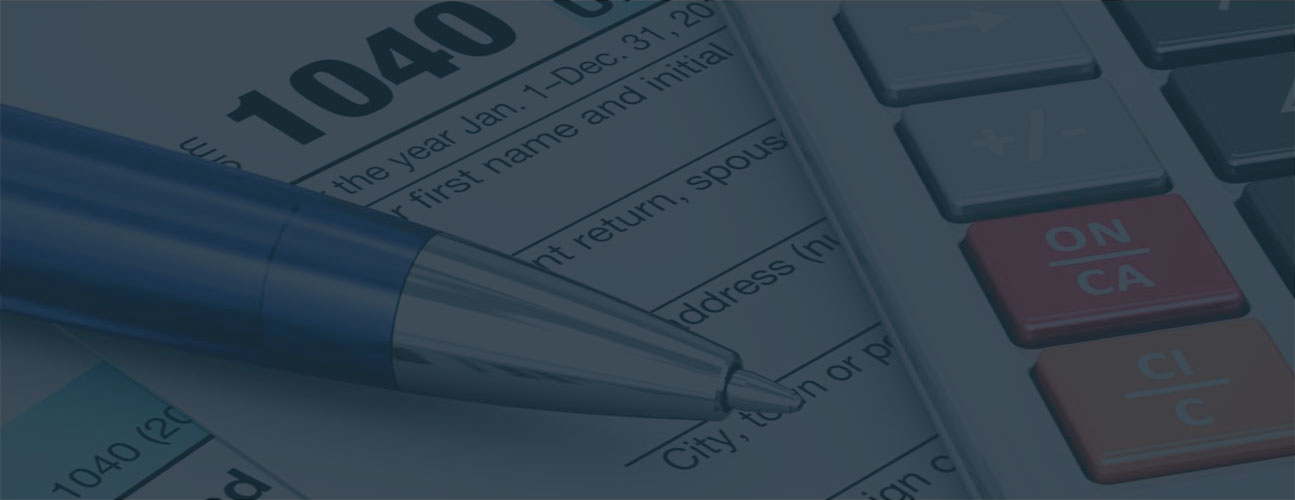Unfiled tax returns are a serious offense in the eyes of the IRS and can lead to mounting debt as back taxes and fines pile up. The IRS will not stop the collections process until all unfiled tax returns have been filed and you have paid back all money due. If you continue to fail to file your taxes, the IRS could place a levy on your wages or take any of a number of other collection and enforcement actions, including things like seizing your assets or, in extreme cases, even require jail time.
If you have unfiled tax returns, we can help.
In this video, Top Tax Defenders Director of Operations Priya Mishra explains how our professionals can help you gain compliance with the IRS.
What Happens If I Don't File My Tax Return on Time?
If you don’t file your tax return on time each year, the IRS doesn’t take it lightly. And neither should you.
When you don’t file your tax returns, several things happen:
- You will not receive any tax refund you are due.
- You will be charged a Failure to File penalty* if you were required to file a return.
- If you owe taxes, you will be charged a Failure to Pay penalty*.
- The balance due starts to accrue interest.
- Self-employed individuals won’t receive credit for Social Security income reported.
*You may be able to request a penalty waiver.
If you have unfiled tax returns, the best way to stay out of trouble with the IRS is to immediately file your back taxes. Think that the IRS doesn't notice your unfiled tax returns? Think again. Even if it's been years since the unfiled taxes, the IRS can notify you at any time that they know and are ready to aggressively pursue back tax payments.

If you don't file, the IRS will generate a simple, substitute return, which will not include any credits, deductions, or exemptions you are entitled to. And it leads to a tax bill that can trigger the collection process.
Also, the IRS has targeted non-filers as one of its highest priorities. The agency typically goes after the big fish first, but don’t rely on the IRS ignoring your smaller profile.
Generally, you must file the previous six years along with the current tax return to get back into the good graces of the IRS. However, there is no statute of limitations on IRS collection and enforcement actions.
>>Click Here to Learn What Happens If You Haven't Filed Taxes in Years
Failure to File and Failure to Pay Penalties
More on those late penalties:
- Failure to file - the penalty is 5% of the unpaid tax per month, with a maximum of 25%. Fraudulent failure to file can triple the penalty to a maximum of 75%.
- Failure to pay - the penalty is 0.5% per month with a maximum of 25%.
- Interest is accrued not just on your balance but also on the penalties.
A failure to file penalty on any return that doesn’t have a tax debt associated with it is effectively zero. If you want your refund, you have three years to file the relevant returns to receive it. Any refunds from tax returns more than three years old are forfeited.
>>Click Here to Learn What Really Happens If You Don't File Your Taxes
Earned Income Tax Credit
You must file your tax return to claim the earned income tax credit, even if you are otherwise not required to file. Like refunds, you must file within three years of the return due date to receive the credit.
>>Click Here to See if You Qualify for the Earned Income Tax Credit
Collection and Enforcement Actions
Before the IRS files a substitute return for you, it will send several notices in the mail requesting you to file your delinquent returns. If you don’t respond, the IRS can and will:
- File a substitute return without any exemptions, deductions, or credits you qualify for.
- Place your real property under a tax lien or tax levy if you owe taxes.
- Garnish your wages including social security and other income sources.
- Garnish your bank account.
- Seize your retirement savings or dividends from investments.
- Seize personal property such as boats, RVs, and jewelry.
- Send garnishment notices to you vendors if you are self employed.
Even bankruptcy can’t stop many of the collection and enforcement actions the IRS takes.
If you willfully refuse to file, you can be charged with tax evasion. Tax evasion is any action taken to evade the assessment of federal or state taxes. Tax evasion is a federal crime that can net up to five years in prison for each offense.
At the least, you may receive one year for every year you neglected to file your income tax return. To be fair, the IRS usually only targets habitual non-filers of non-processable returns and tax protesters for criminal prosecution.
>>Click Here for 7 Things to Know About the IRS Collections Process
Hire Tax Professionals
If you have IRS tax problems because of unfiled tax returns, Top Tax Defenders can help you. Top Tax Defenders boasts experience and expertise, including:
- Over 27 years of IRS tax relief experience
- Internal, proven methods developed over years of experience fighting for the client against the IRS
- A dedicated staff of experts in your corner
When working with Top Tax Defenders, here is the documentation you’ll need to provide to complete your tax returns:
- Top Tax Defenders may have to send a request to the IRS for your wage and income transcripts if you no longer have the information available.
- Bring all W-2, 1099, and 1098 forms to show income and mortgage interest
- Any information about self-employment, investments, and other income not on file with the IRS
>>Click Here to Read Real-Life Success Stories from Our Clients






